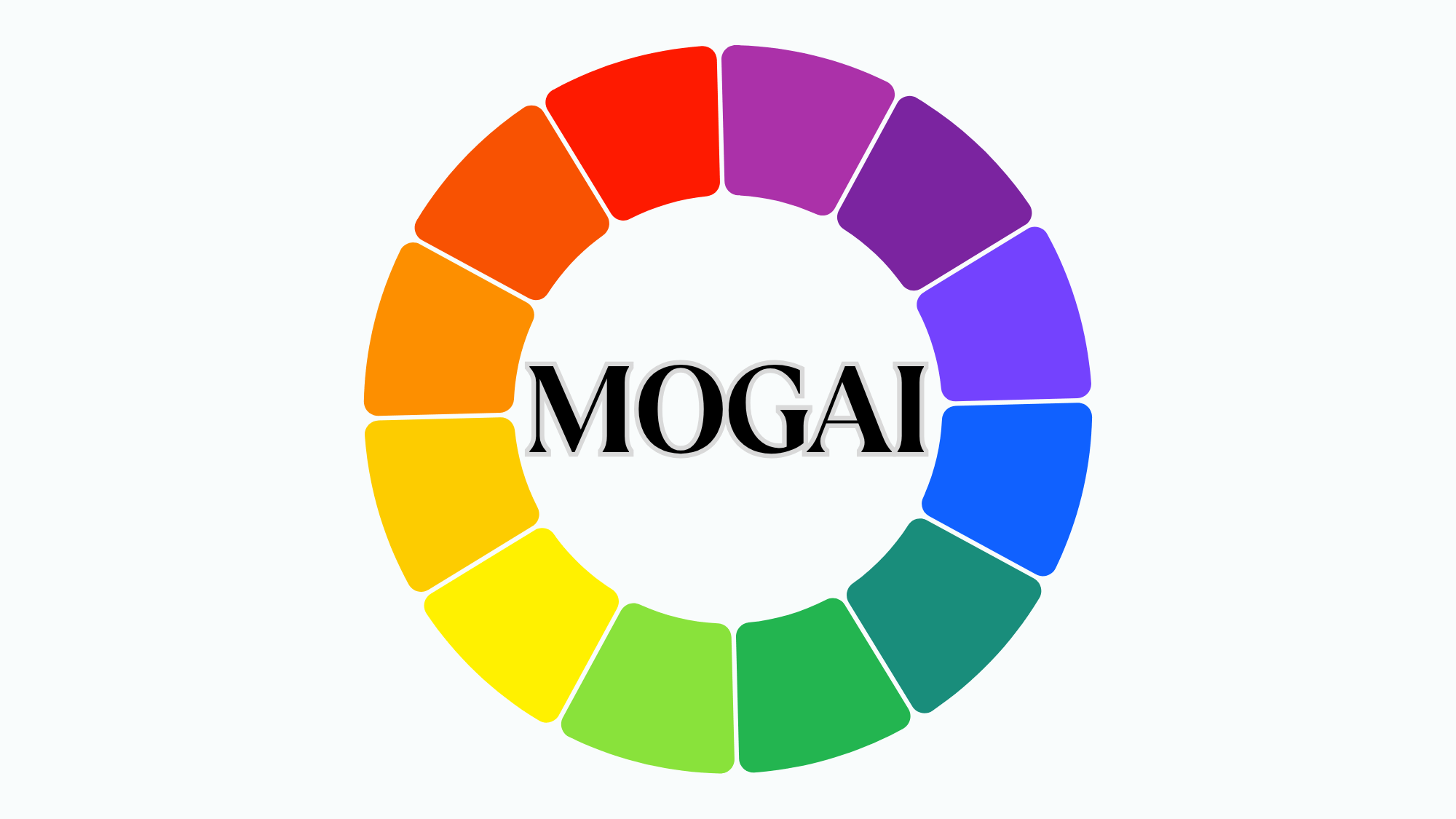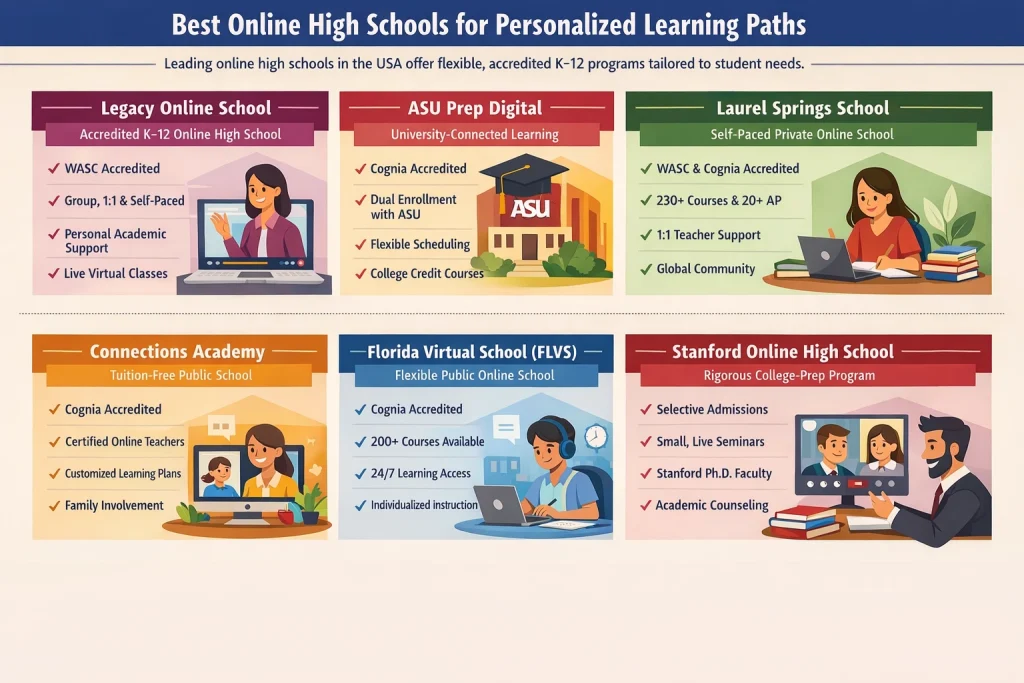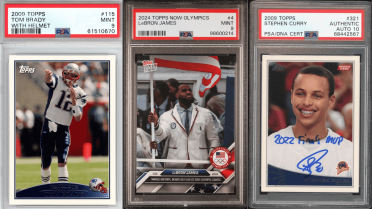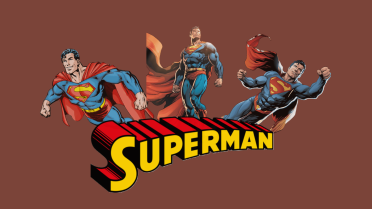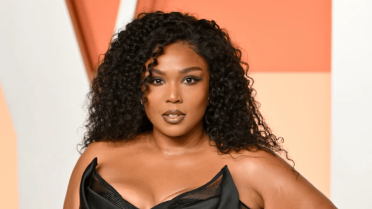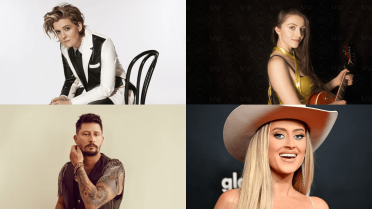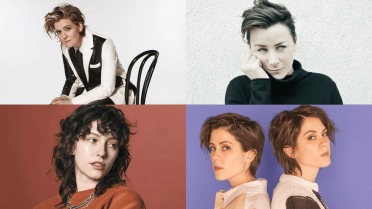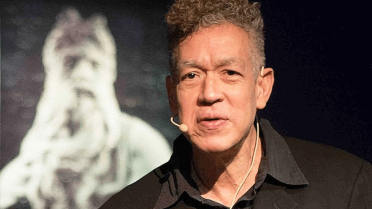MOGAI is a term that’s gaining more attention in discussions about gender, sexuality, and identity. As society becomes more accepting of diverse gender expressions and sexual orientations, the need for broader, more inclusive terminology has become essential.
MOGAI provides a way to represent individuals whose identities and experiences don’t always fit within traditional labels.
While terms like LGBTQIA+ have been widely used, MOGAI offers a more flexible and expansive approach to recognizing a wider range of identities.
In this blog, we will go through its significance, origins, and how it differs from other terms, as well as its ongoing importance in modern conversations about identity, inclusion, and belonging.
MOGAI Meaning & Breakdown
MOGAI stands for Marginalized Orientations, Gender Alignments, and Intersex, an umbrella term that includes all people whose sexual orientations, gender identities, or intersex traits don’t fit into mainstream categories.
Here’s a breakdown of what each letter in MOGAI means:
-
M – Marginalized
Refers to identities that are less recognized or accepted in society. This can include people who don’t feel represented by mainstream terms like straight, gay, or cisgender. -
O – Orientations
Covers all sexual orientations beyond just being straight, gay, or bisexual. For example, asexual, pansexual, or demisexual people would fall under this category. -
G – Gender
Includes gender identities that aren’t limited to just male or female. This can include identities like genderfluid, agender, or bigender. -
A – Alignments
Refers to how a person’s gender or sexual identity aligns with societal expectations or roles. Some people feel their gender aligns with traditional roles, while others do not. -
I – Intersex
Refers to people who are born with physical sex characteristics that don’t fit typical definitions of male or female. This is a biological aspect that doesn’t always fit neatly into the gender binary.
MOGAI Origins
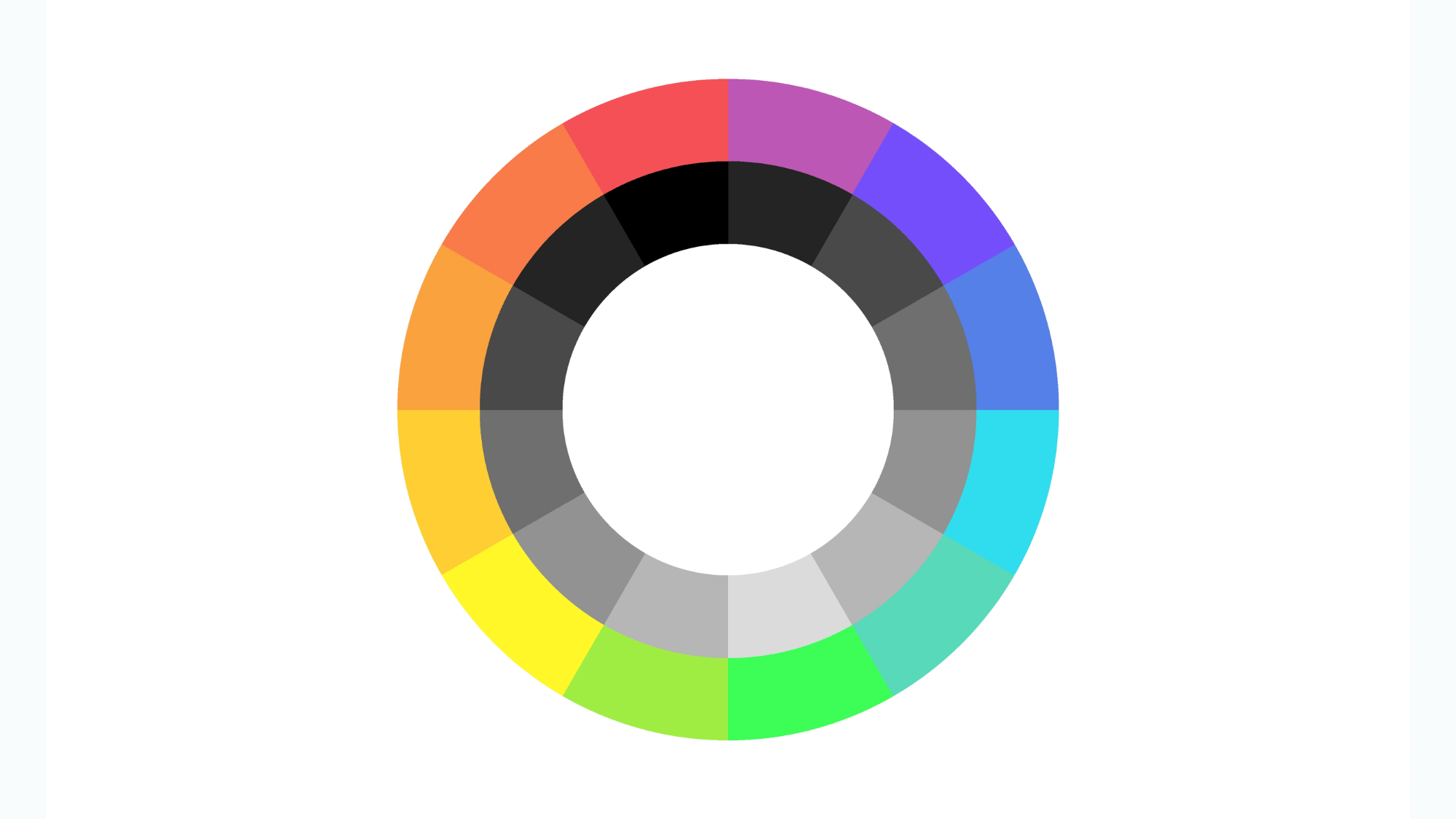
The term MOGAI was coined by Tumblr user cisphobeofficial (also known as cloud or previously as sunsetfucker) around 2015.
MOGAI was created to help include people who might not always feel represented by the common LGBTQIA+ label.
As society becomes more aware of different gender identities and sexual orientations, there is a need for a term that could cover a broader range of identities.
MOGAI vs. LGBTQIA+
While both MOGAI and LGBTQIA+ are used to describe sexual and gender minorities, MOGAI focuses more on identity and inclusivity, whereas LGBTQIA+ is a term centered on visibility and activism.
Here’s a quick comparison:
| Acronym | Scope | Usage | Strength |
|---|---|---|---|
| LGBTQIA+ | Community-focused | Activism & Visibility | Recognition |
| MOGAI | Identity-focused | Language & Inclusivity | Flexibility |
Common Criticisms and Misconceptions
There are some criticisms of MOGAI, with some people using it negatively.
However, it’s important to remember that MOGAI was created to be a positive, inclusive term, and it’s not meant to replace other acronyms like LGBTQIA+.
Examples of MOGAI Identities
MOGAI can include a wide range of identities. Here are just a few:
-
Demisexual – Someone who only feels sexual attraction after forming a strong emotional bond.
-
Genderfluid – A person whose gender identity shifts over time.
-
Agender – Someone who does not identify with any gender.
-
Polysexual – A person who is attracted to many different genders, but not necessarily all.
-
Neopronouns – Pronouns that aren’t traditionally used in the English language, like “ze” or “xe”.
These identities fall under the umbrella of MOGAI because they don’t fit neatly into traditional categories of gender or sexuality.
Is MOGAI Still Used Today?
MOGAI is still used today, but it’s not as widely recognized as LGBTQIA+. It’s more common in academic circles and online communities that focus on gender and sexuality studies.
While some people prefer MOGAI for its inclusivity, others may still use LGBTQIA+ because it’s more familiar.
Wrapping It Up
MOGAI is a term that helps make sure everyone has a place where they feel understood and accepted.
If you use MOGAI, LGBTQIA+, or any other term, it’s important to remember that the goal is to respect how people identify and honor their experiences.
So, if you are interested in learning more about identity terms and how they shape our communities, be sure to check out more of our blog posts on gender and sexuality topics!
Frequently Asked Questions
Is MOGAI an Offensive Term?
No, MOGAI is not offensive. It was created to be a more inclusive term.
Is Mogai Used in Legal or Medical Contexts?
MOGAI is mostly used in social and activist contexts rather than legal or medical settings. However, as awareness grows, it may become more recognized in these areas, too.


